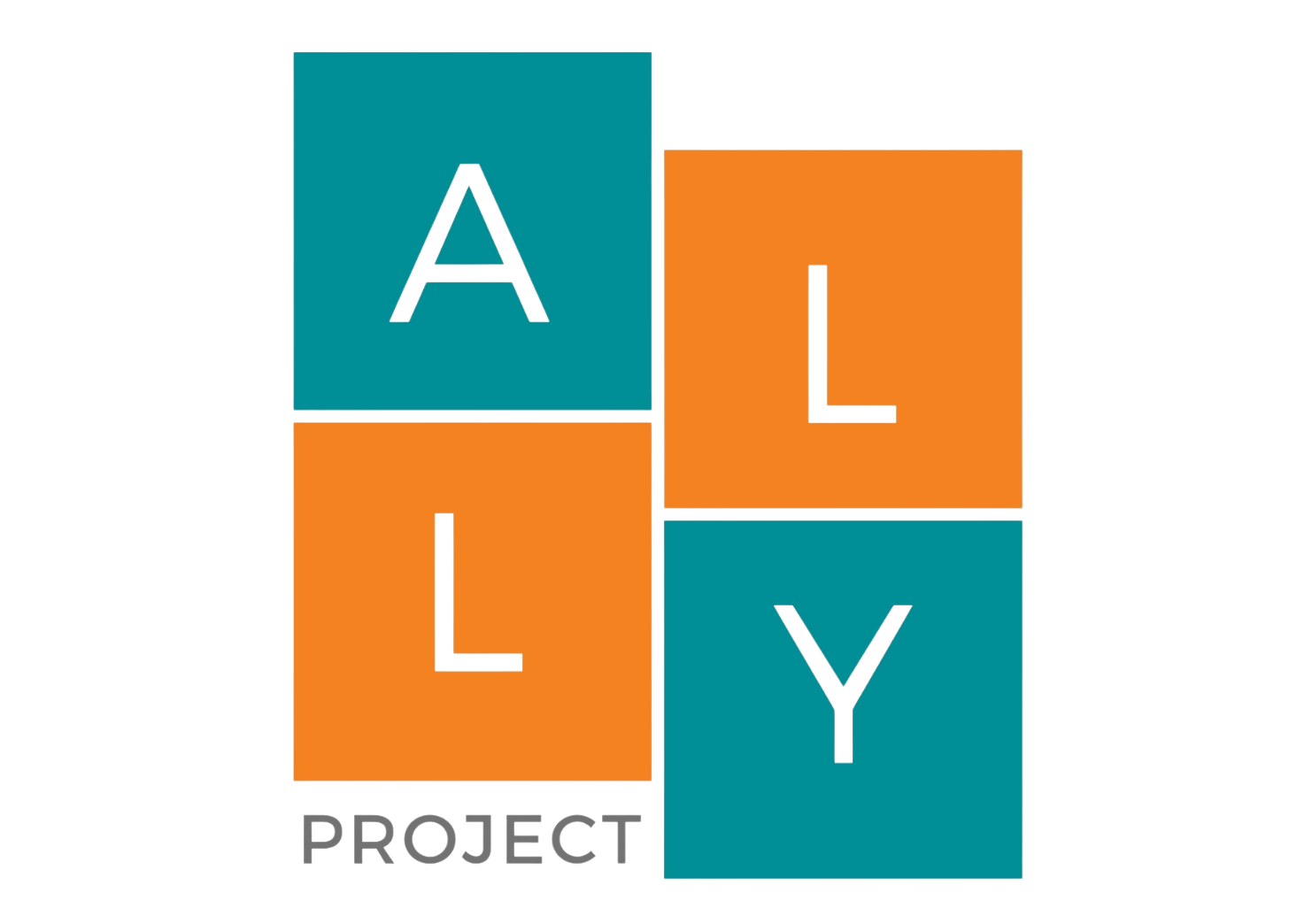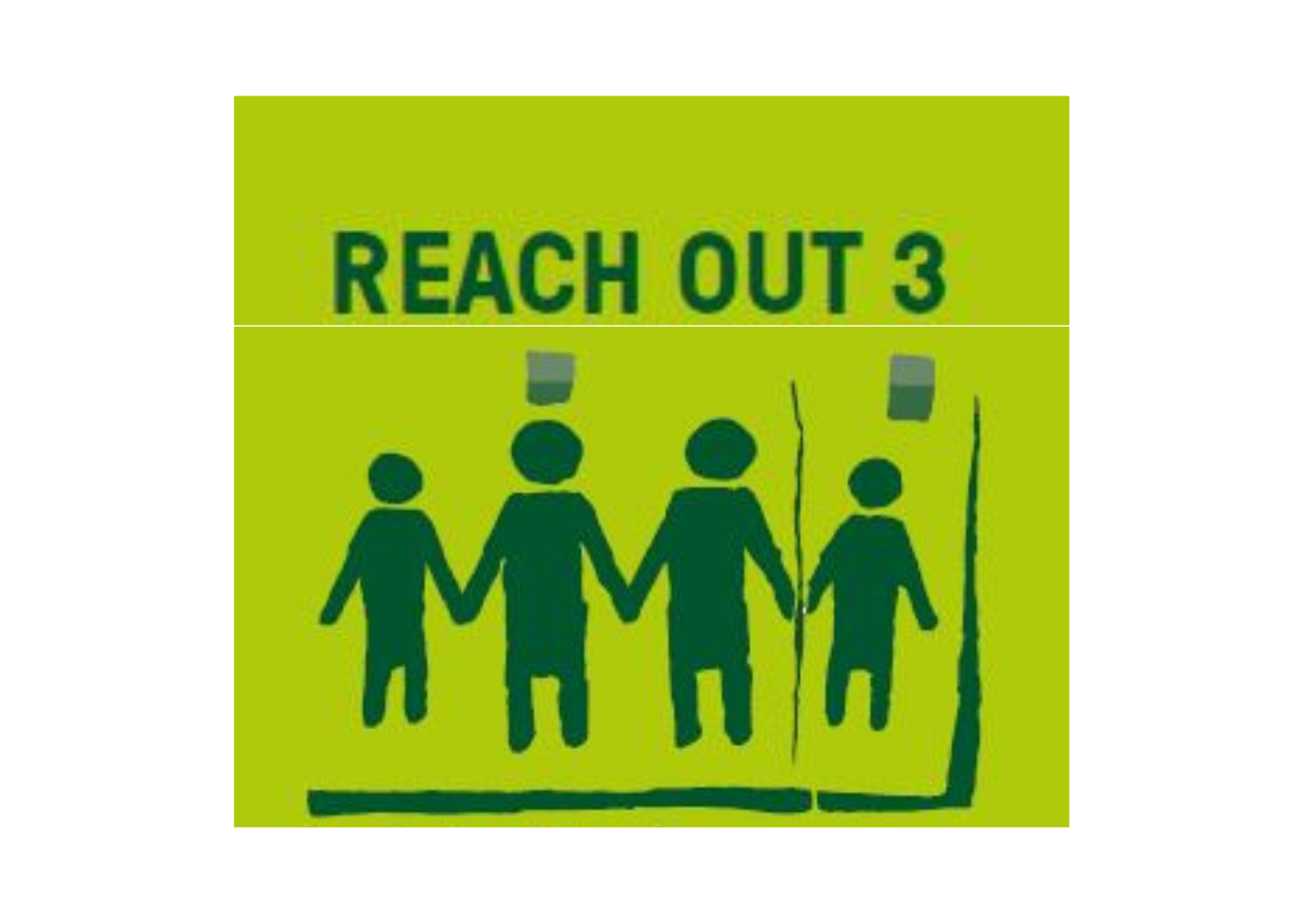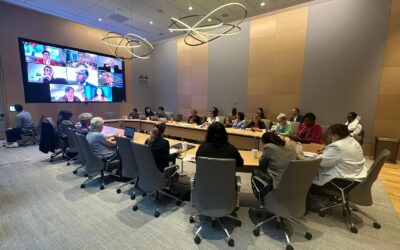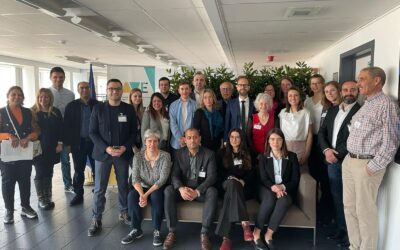Preventing Violence
The Network emphasizes in its work the importance of preventative action. The Network helps religious and traditional actors play a positive role in preventing violence, including that which is gender-based, characterized by incitement that leads to mass atrocities or the product of violent extremism. The efforts to prevent violence are driven by its aim to understand the root causes of radicalization and violent extremism, and to support ways in which religious and traditional actors can contribute to PVE work. The UN’s current focus on the prevention of violent conflict has been well noted by the Network and is perceived as an important priority across the Network activities and work. The Network has been active in Nordic, EU, and international collaboration on PVE, and is a member of the EU commission’s Radicalization Awareness Network (RAN). In 2019, the Network’s Senior Specialist on Peace and Security was nominated as the co-chair of the Youth, Families, and Communities Working Group (RAN YF&C).

Preventing and Addressing Violent Extremism
In light of an increase in radicalism and violent extremism in Europe and worldwide, there is a growing need for a common political strategy and effective prevention measures. Preventing and Addressing Violent Extremism (PAVE) through community resilience in the Balkans and MENA aims to tackle the global issue of radicalization by examining its root causes and driving factors. Based on a participatory and inter-regional approach, PAVE will advance evidence-based knowledge on violent extremism in the broader Middle East and North Africa (MENA) region and the Western Balkans, as well as strengthen the capacity of policy makers and community leaders for an effective prevention strategy between the European Union and its neighboring countries.
This project is based on a comparative assessment of local communities with features of vulnerability or resilience to violent extremism across seven case study countries. The PAVE consortium comprises partners from 12 different countries and receives project funds from the European Union’s Horizon 2020 research and innovation program under grant agreement No. 870769.

Amplifying Leadership of Local Youth
The ALLY Project is a youth-sensitive initiative focused at amplifying the youth voices and actors in addressing diverse factors of violence and preventing violent extremism in South Asia, particularly in Bangladesh, Sri Lanka, India, and Pakistan. The project aims to increase knowledge of these factors, enhancing multi-dimensional capacity of youth leaders and their strategies, and strengthen multi-stakeholder partnerships to prevent violent extremism in South Asia. The project primarily targets youth as agency-holder and strategic allies to media and decision-makers, to increase outreach for youth-led initiatives and constructive narratives that value the religious, ethnic, and cultural diversity of the region. The project contributes to filling the gap of context-specific resources and collaborative regional actions on PVE in South Asia, strengthening not only regional but also national level networks and youth movements.

Reach Out 3
Reach Out 3 is part of the Finnish National Action Plan for Preventing Violent Radicalization and Extremism 2019-2023. The work supports local and national stakeholders, authorities, civil society actors, and faith communities to better address needs of families and individuals affected by radicalization and extremism. Research undertaken in this project explores support needs and experiences of families and communities affected by violent extremism, and support services provided by authorities, public sector and communities to address support needs. The goal is to help families who are affected by violent extremism and seek to disengage from these movements or violence. Often, preventative measures take the form of individual intervention and focus on the disengagement process. However, there are very few evaluations on the approaches and measures taken, and the impact these measures have on affected families. Reach Out 3 will report on best practices and recommendation for future work for policymakers and community of practice. The outcome of the project will have developed tools and materials, that support timely community based referral for families affected to support services.
Reach Out 3 expands upon the Network and FCA’s work on prevention of violent radicalization and extremism Finland and Europe: Reach Out (2016-2017) and Reach Out 2 (2017-2019). This project is implemented in collaboration with four cooperation cities in Finland: Helsinki, Turku, Tampere, and Oulu. Reach Out 3 contributes to the Networks strategic objective to nationally engage duty bearers, families, and youth on the prevention of the violent extremism. The Network secretariat’s Senior Specialist on Preventing Violence co-chairs the Youth, Families and Communities Working Group of the Radicalization Awareness Network that brings together the community of practice in European Union.
Related News
Religious Actors as Drivers of Change and Preventing Violent Extremism
A Whole of Society Approach: Religious Actors as Drivers of Change and Preventing Violent Extremism
A Whole of Society Approach: Religious Actors as Drivers of Change and Preventing Violent...



